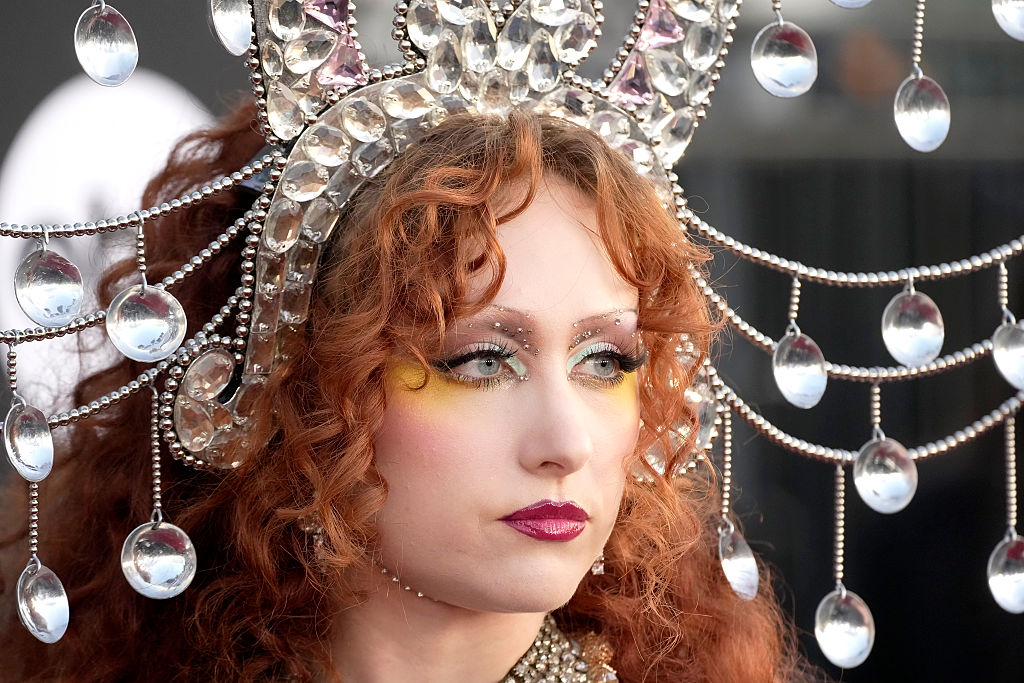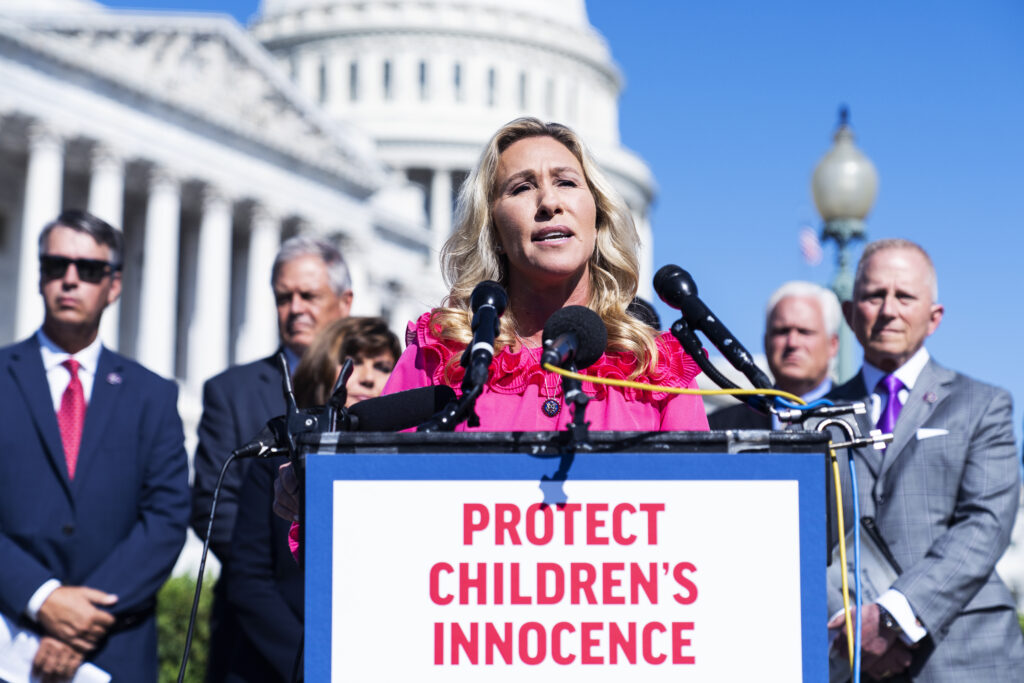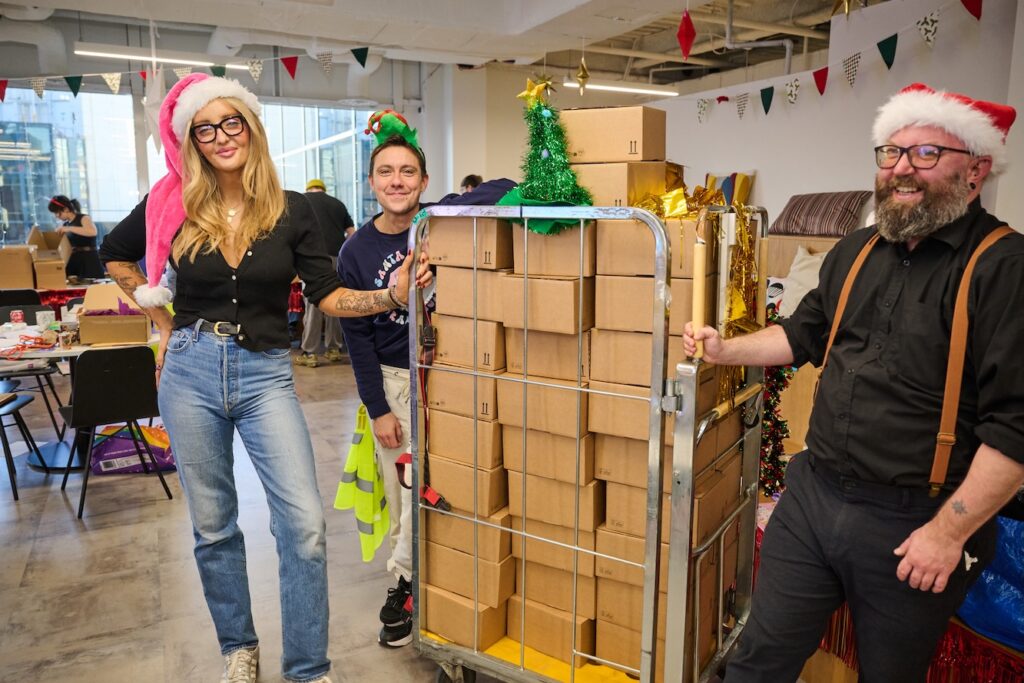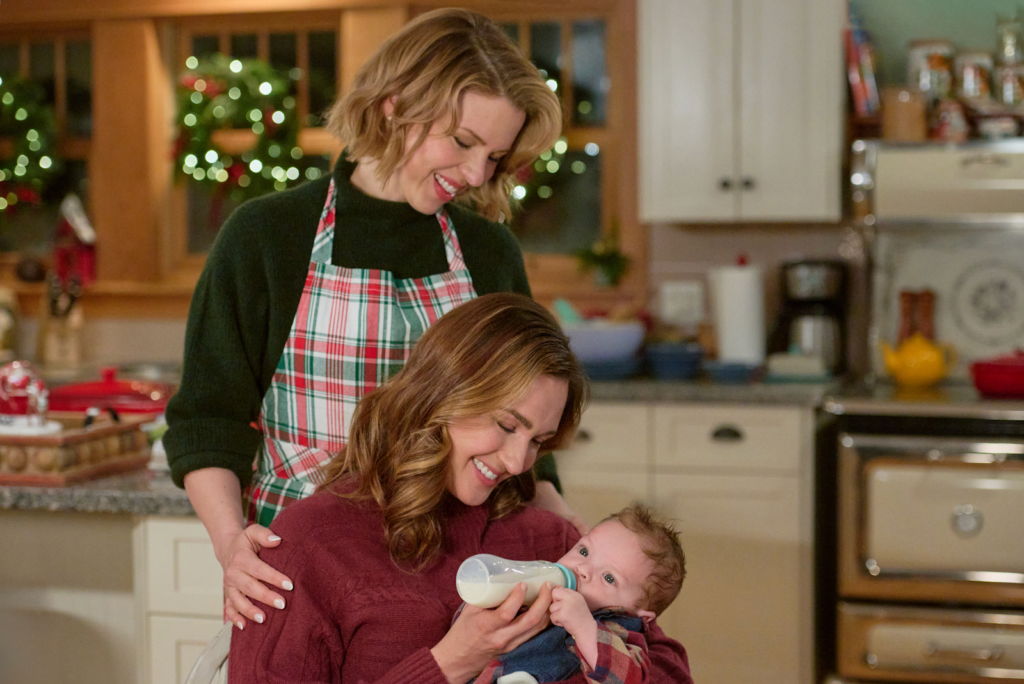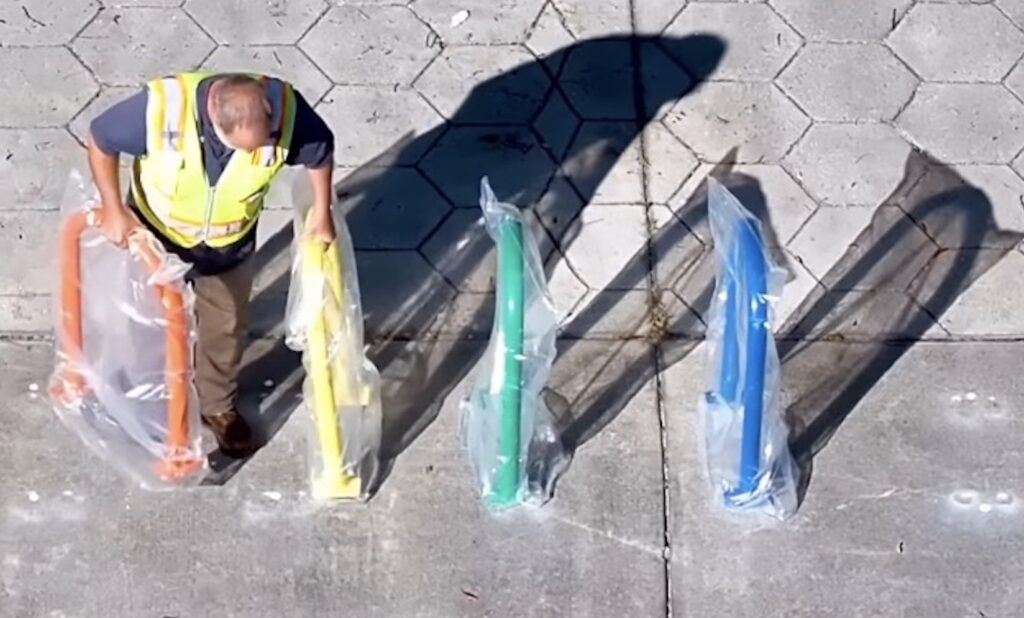A’Kala Chaires Isn’t Scared Of ‘Breaking Down & Going Outside The Lines’

“It’s not the mistake that matters, it’s how you come back from that.”
A’Kala Chaires, one of GO! Magazine’s writers, has self-published her own book.
“Diary Of…” is a collection of poems that Chaires wrote while caring for her family and sick grandparents during the pandemic. Themes of transitions, self discovery, and loss are woven throughout this intimate anthology. In this interview, Chaires talks candidly about the story behind “Diary Of …,” , where she gets her inspiration from, and what she hopes readers can take away from this collection.
GO Magazine: When did you start writing?
A’Kala Chaires: I’ve been writing since I learned how to write! I know it sounds super cliche, but I really have always been a writer. I still have book reports from when I was in second grade. I always thought book reports were so boring so I would turn [them] into something more interesting. My teacher would be like, “I guess this is right but it’s not quite what we were looking for.” As soon as I learned that writing was a form of expression, I used it.
GO: Have you always gravitated towards poetry?
AC: Yes. When I was a kid, I would write poems and go crazy on Microsoft Word with the fonts and Word Art. I would ombre colors and all that. I definitely used up a ton of printer ink and time on just the Word Art. I took a break from writing in college but I really tried to get back into it after my first job. I was doing creative first person essays at first, but I missed poetry. I felt like I lost the way I used to write poetry, but after some time, I found it again. I just sounded a little different.
GO: Did you set out to write a book or start writing and decide along the way?
AC: I had no intention of putting anything out there that anyone would see. I would maybe read something to someone close to me, but I have been way more reserved with my writing. I feel emotions very heavily, and I needed somewhere to put things. We were in the beginning of the pandemic, and people were dying everywhere and people were dying close to me. My grandparents got sick, so I became their caretaker. I still am. I didn’t have the time or space to break down and cry – I was making breakfast, driving to appointments, cleaning the house. I was writing as a way to compartmentalize so I could deal with it later. It wasn’t long before I had 20 to 30 pages. I was talking to my writing friends and realizing that [my writing] wasn’t just rambling, and there was more of a connection than I thought. I had 220 pages before I knew it. I made a goal for myself to turn it into a book. My grandfather passed away in July, and I wanted to hand him a copy, and I missed my opportunity. So I finished it by August.
GO: Since you’re self-published, how did you decide what to keep and what to take out?
AC: I edit for fun, and something I have always been good at is cutting shit down. I was asked to do it a lot by my roommates in college, and I would do it for my sister. She’d say, “It’s 10 pages but I need 6.” I’d get back to her in 45 minutes saying, “Here’s what you need to get rid of and here is some space for a wrap-up sentence because you need a better conclusion.” What was hard was deciding “Will someone need this?” I never wanted to publish this for the money; I was just happy that it was mine. People who bought it said “I had these same feelings but I never had words to describe it, and you had those words for me.” That felt like I was doing something right. My partners read the book and loved all the pieces, so they didn’t really help me cut anything out. I decided on non-negotiables and what ended up going were the pieces that were pretty but [which] I could save [for] later. While I was re-reading them, I was thinking about how I remembered how I felt when I wrote a few of them and I wasn’t sure if I wanted other people to see those particular pieces either, especially when it was about family members. I am protective of my family. I didn’t want my writing to paint a picture of them that wasn’t true or was negative so I took those out as well.
GO: How did you decide on the title?
AC: It felt like that’s what I was writing. It felt like a diary or journal. I’ve never been a diary person, and I always wanted to be. I would buy journals as a kid and only use it once. I can’t just write like I’m just talking to myself. I get why people do it, and I wish that I could, but I just can’t. I wrote when I felt lost or sad or frustrated or sometimes happy. The title was actually a temporary one, but the guy that did my cover art, Josh, told me “Actually, I really like that.” Which was funny because that’s just what I was using because I needed something to save the Word doc.
GO: The blurb on Barnes and Noble describes your book as “a little book of poetry for anyone who is going through a midlife crisis when they didn’t think there would be one.” What inspired you to write for this audience? Was there anyone in particular you had in mind while you were writing?
AC: I used to work at a career development center in college, and my boss would talk about how when you hit around 25 you’re trying to figure out what to do with your life. Who the hell was going to predict that I would have been going through my 20s and the world is on fire? I’d been out of a job since the beginning of the pandemic and not been able to find one, and I felt like everything I was sending was just going into thin air. On top of that, I had transitions in friend groups, and I had a grandparent with dementia and a grandparent with a brain tumor. I am a caretaker by nature, so I was taking care of everybody. I was taking care of the house, I have a little one, my mom was working from home and got really sick, and I didn’t have time to take care of myself. I felt stuck and lost. I was talking to my friends in the same age range and none of us knew how to talk about it. Older people tell you in your 20s you have so much life to live and so much you can do, which sounds nice, but in reality it’s so hard to figure out how you’re going to make it work and still have that fun time without sacrificing your sanity. It felt unexpected, but we were all going through it at the same time. I thought, Maybe if I include this type of crisis in the synopsis, it will find the right people. I’d imagine there are some other people who were feeling the same way as me.
GO: You have written some stunning pieces for GO! about topics that otherwise go unspoken, especially about being a Black woman in America. Where does this strength come from?
AC: God only knows. I remember writing those first pieces and thinking that I should not share [them] with anybody, ever, because [they’re] dark. I wrote about death a lot the last couple years. I’m not afraid to die as much as I am afraid of the way I die. Death is always sad, but I would prefer to not live forever. When I see people who are 106 years old, I think of how sad that is. They have literally watched everyone they know pass. I wouldn’t want to see that many people I care about die. There were so many things that were happening at the same time, and from a Black woman’s perspective, it was asinine. I was like, I’m really watching you argue over my right to be able to breathe. I was watching and admiring the strength it took for so many of us to go out and protest, and even protesting was a life-threatening action. When I was writing those pieces, I would sit and be like this is really my life, and this is really terrifying. From the outside looking in, it’s hard to imagine. I could say that to people that don’t look like me and they could say they understand, but in the end, I’d have to sit and reconcile with my emotions. I’d think, I could leave my house and not come back. And what do you do with what? You have to live your life with that conscious fear because it affects all your decisions. Do I park here because people are looking at this spot, or would I be able to walk a couple blocks? Being a young person who is active on social media, I was watching everything unfold in real time but it was also not covered properly. I remember the way they were tearing Breonna Taylor limb from limb; even in death she wasn’t in peace. As a Black woman, there is no peace or sanctity if that’s how you die, and there is no limit to what they will do to you after you’re gone. A lot of those pieces were the only way I could express myself. I wasn’t hoping to reach anybody; it was for me. In the largeness of everything, it doesn’t matter. But I knew I was reconciling with those emotions, and other Black women were reconciling with those emotions, too. Once I said it all out loud, [that] made it a little less scary.
GO: In your GO! Mag piece, Giving Myself & Others The Gift Of Mourning, you talk about how the pandemic gave you opportunities to live your life in different ways. In your book, you also talk about caring for your grandparents during the pandemic. How did you find moments of joy in such a global crisis?
AC: I was getting unemployment, and it was probably the most money I was getting in my adult life. It was the first time I wasn’t struggling between biweekly paychecks. Even between caring for my grandparents and everyone else, I knew we needed a break. There’s 24 hours in a day, and sometimes I only had one or two, but we would get out and go do something. I didn’t care what it was. I bought my daughter a pair of roller skates and I was outside with chalk and drawing shapes, and we would practice geometry by skating along the triangles and parallel and perpendicular lines. It could be fun and educational or just mindless. My girlfriend would be like “Find someone to watch grandma and gramps,” and she would find something for us to do like go to Barnes and Noble just to make time for ourselves. The hardest part was fighting the guilt of being out of the house. Even with the checklist and everything in place, I would still call every 30 minutes to make sure the house wasn’t burning down.
GO: What are you hoping the main takeaway from “Diary Of…” is?
AC: You know how as a kid they tell you it’s okay to make a mistake? Some weird shit happens when you become a teenager and a young adult. You are suddenly supposed to be a perfect person who can do everything and process everything. You have boulders on your back? Take two more. All of sudden the eraser you were given as a kid, you don’t have anymore. But you should be able to make mistakes forever. You should be able to break down and go outside the lines because there is no point in your life where you are ever going to be perfect. I would hope people make mistakes, fall apart, pick the trashy person, do whatever you need to. It’s not the mistake that matters, it’s how you come back from that. What do you say or do to handle it better next time? Sometimes you’re going to need that 25th or 26th time to make that mistake to figure out what to do better. It’s about how you start cleaning up the mess a little part at a time.
Chaires’ book is available at Barnes and Noble now!







